Estimated reading time: 6 minutes
Do you eat organic food? According to this Vic gov website, 6 out of 10 Australian households buy organic food at least occasionally, and consumer demand for organics is growing at a rate of 20–30% per year.
That’s a lot, right? However, just stepping into a supermarket is enough to remind you that the majority of people don’t usually eat organic food.
That’s of great interest to us. It seems a no-brainer that you’d prefer to eat food that’s been grown with no chemicals. However, there are obviously a lot of barriers to people being able to do that in real life.
Why don’t more people eat an organic diet?
The most commonly cited reason people give for buying non-organic food is cost, which is completely understandable. The reality of our current food system is that the cheapest food is mass-produced.
That often means fast food that’s laden with unhealthy fats, salt, and sugar, and nutrient-poor food produced in unhealthy soils.
Many people think of healthy, nutrient-rich food as a luxury item. It’s a tragedy, and one of the things that motivates us to empower as many people as possible to grow their own.
But some folks aren’t even sure if organic food is really any better for them. And they may not have thought at all about whether it’s better for the environment.
Evidence for organic growing
As organic farmers and educators, we’re convinced that organic growing is better on every level. But anecdotal evidence isn’t enough.
It’s reasonable for people to expect actual evidence if they’re going to change their behaviour.
If you’ve ever done our “5 Key Steps to Growing Great Fruit” webinar, you’ll know we’ve been following Rodale Institute Experimental Farm in Pennsylvania for a long time, for exactly this reason.
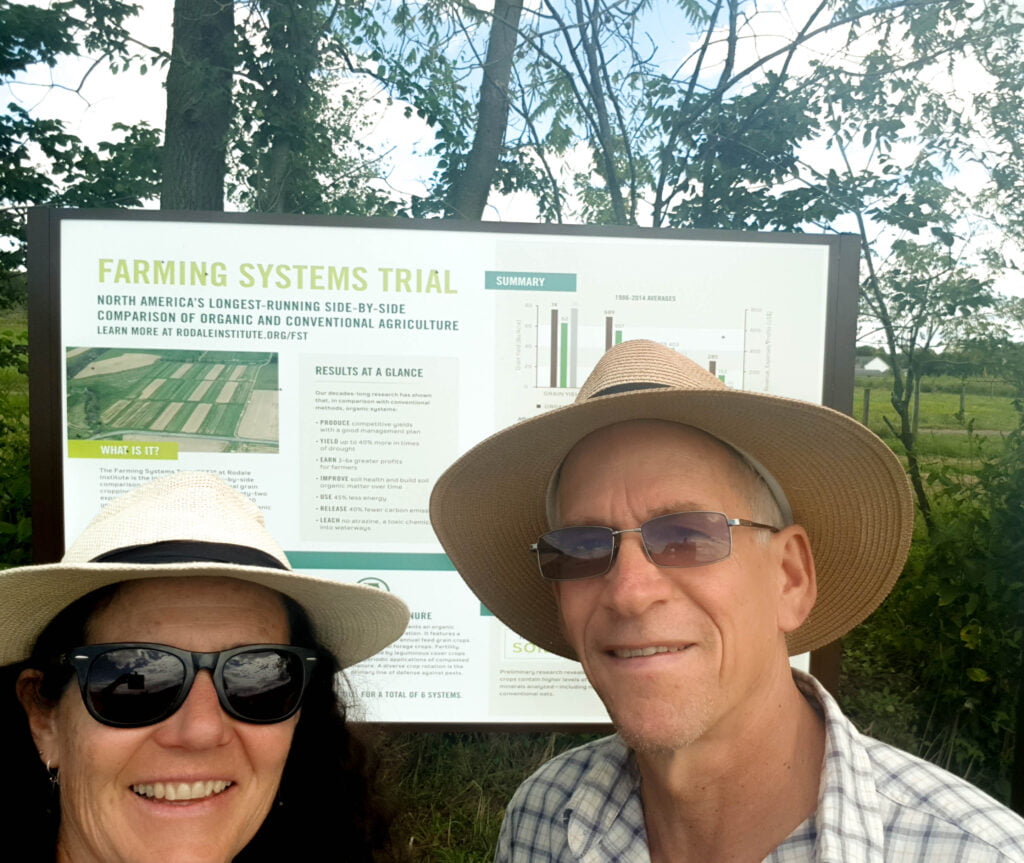
We’re interested in their Farming Systems Trial. It’s the longest-running study we know of that compares organic with conventional agriculture.
When we visited Rodale on our trip to America in 2019, we were also keen to see their apple orchard, vegetable trials, and green roof trial.
Actually, we wanted to see everything!
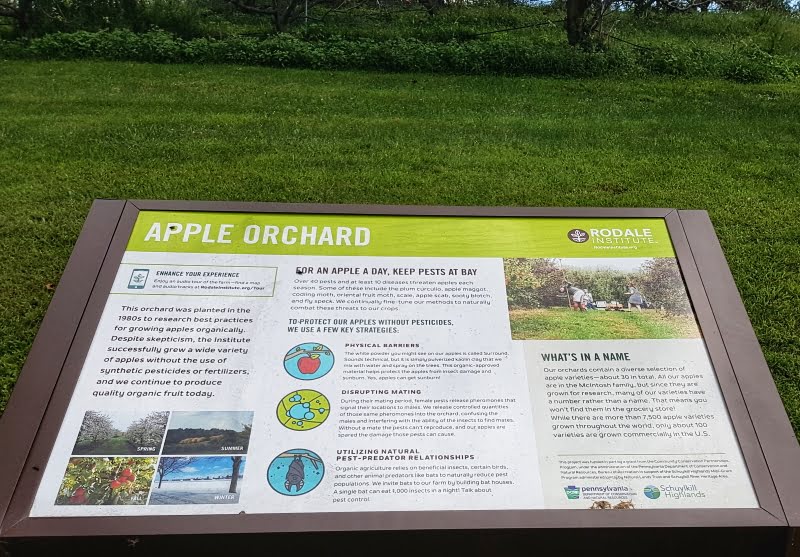
What we learned at Rodale Organic Institute
Rodale was set up almost 70 years ago by the foresighted Rodale family. They wanted to measure organic techniques against conventional ones.
It was the time of the “green revolution”. Cheap mass-produced fertilisers and chemicals were transforming agriculture into the big corporate machine it is today.
From very early on, J.J. Rodale was aware of the risks that conventional agriculture posed. To prove it, he needed scientific data to back up his ideas.
Healthy soil = healthy food = healthy people
JJ Rodale
Research is still their focus today. They also help conventional farmers to make the transition to organics, as well as educating consumers.
Having followed them for years, a tour of Rodale’s farm was always going to be on our agenda when we did a study tour of the United States. It was every bit as interesting as we anticipated!
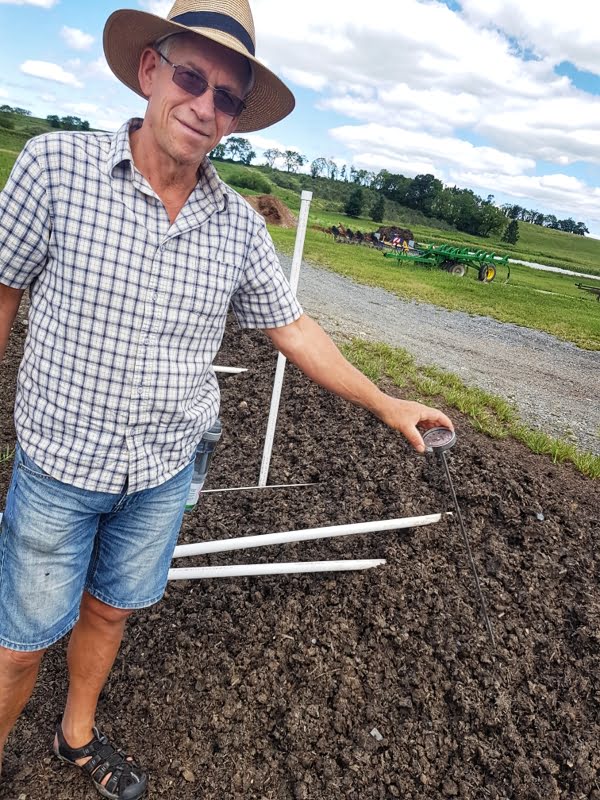
Why gather data about organic growing?
In many ways, the work Rodale is doing may seem obvious and unnecessary. This is particularly true if you’re already gardening and farming this way, and know that it works.
In other words, lots of gardeners and small-scale regen farmers around the world are already demonstrating the benefits in real time. So why bother doing the research?
While it’s very easy to think this information is common knowledge, nothing could be further from the truth.
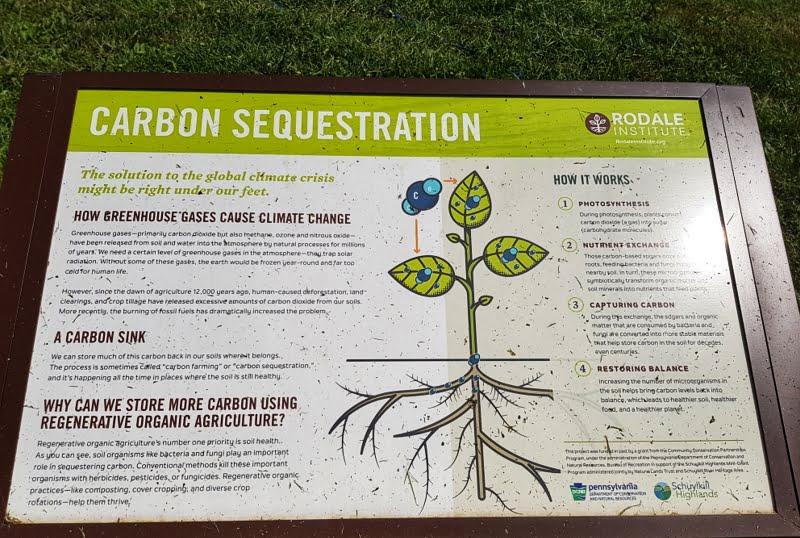
The reality is that less than 5% of the food we eat is grown organically.
The vast majority of our food is still produced using farming practices that are damaging the soil. This leads to a slow decline in human health and contributes to climate change. At Rodale, they’re proving it.
What Rodale does is provide the hard evidence that organic methods have measurably better outcomes. It improves productivity, soil health, nutrient density, and – importantly – profitability.
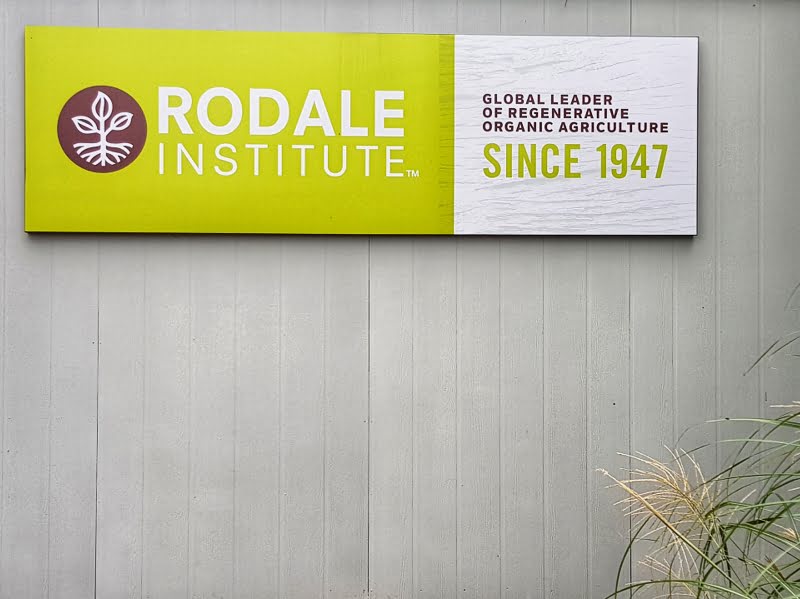
It’s this sort of evidence that provides external credibility for our online training courses. You don’t just have to take our word for the fact that it works.
We need to spread the word about organic and regenerative farming, and Rodale just might help us do it a little faster.
Related Articles
What’s the best way to control weeds under fruit trees?
Many gardeners hate weeds under their fruit trees. Managed correctly, they can bring many benefits to your trees and soil.
3 ways to manage weeds under fruit trees in spring
Spring is the time when weeds really start to grow under your fruit trees. Managing them well can provide benefits for your soil.
6 step plan for beating Codling moth in apples
The classic “worm in the apple” is actually the larvae of the Codling moth, a very annoying pest that needs a planned effort to prevent.
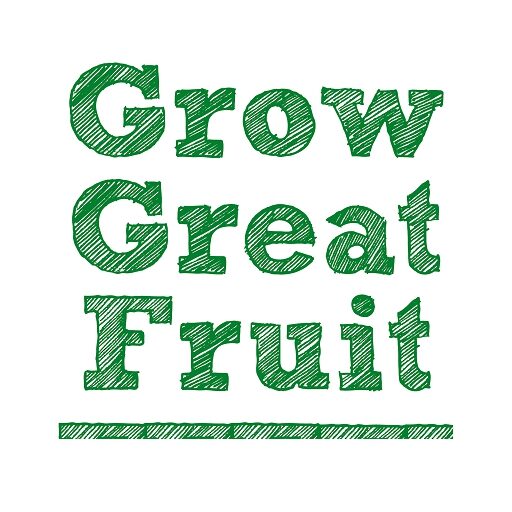
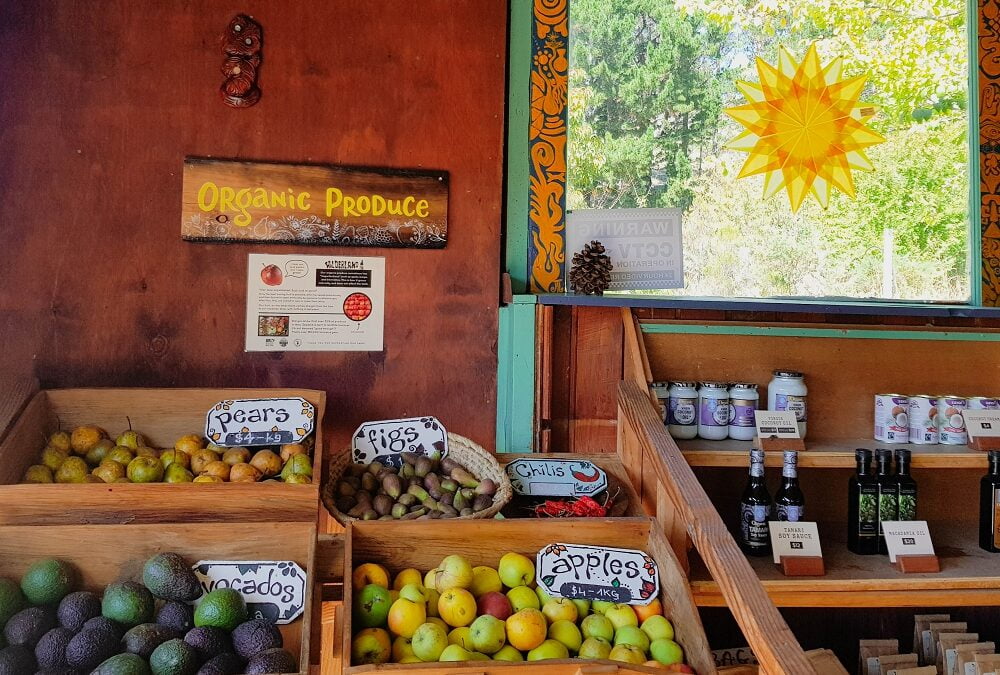
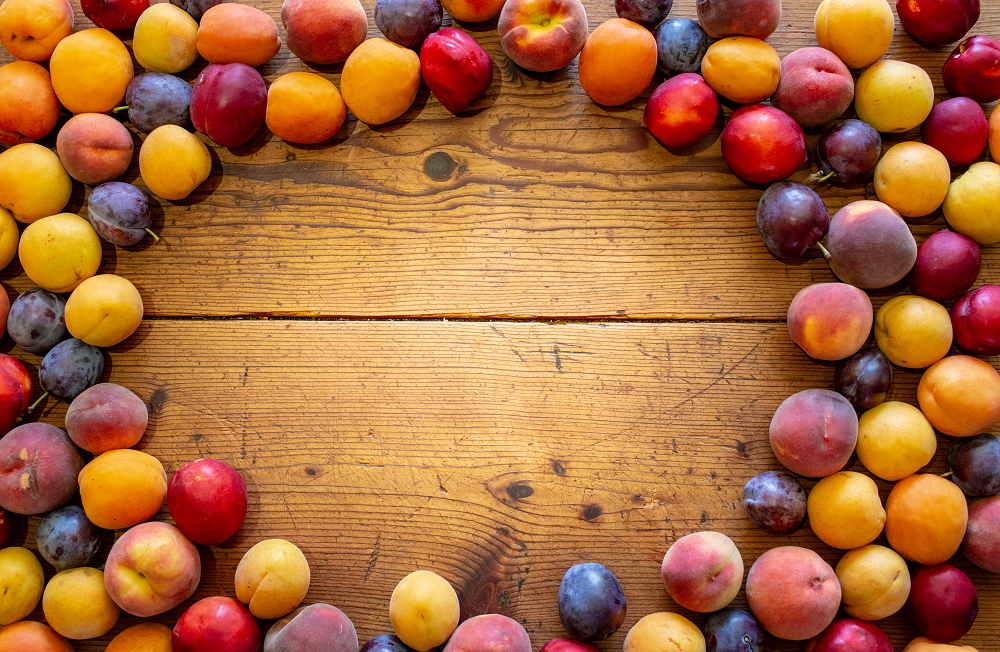
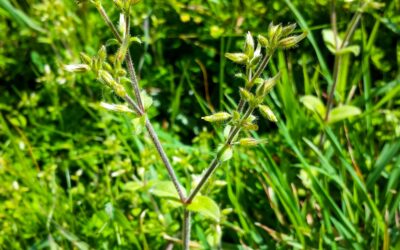
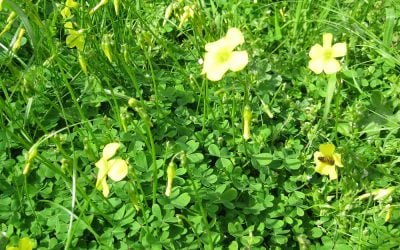
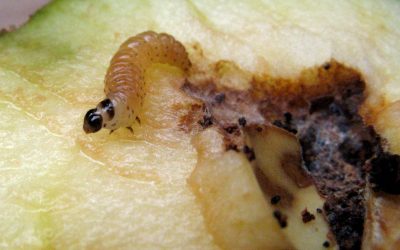
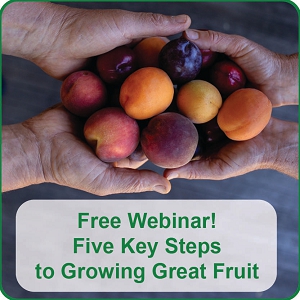
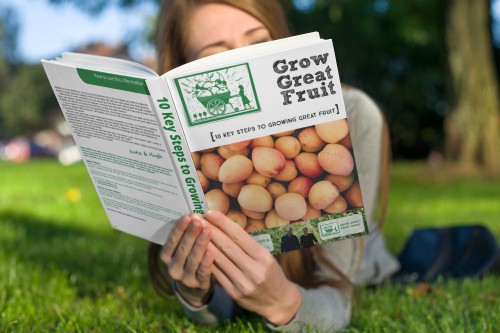
Hi Katie and Hugh,
Thanks for your insights…. we are getting to use some of you help in our little patch of grapes, nuts and fruit trees of about 130(Time poor) but I wanted to comment more on the messages helping the urban consumer understand their choices and subsequent benefits to our health and our agricultural soils.
I manage an organic stock feed mill and send feed all around Australia. It’s been operating for 20 years. Through the drought it became very difficult to source organic grain but I stumbled across some cert. sustainable grain from regenerative growers and I have now developed a regenerative range which is being well received by small commercial operations who are using chickens and pigs to improve their soil. Much harder to move larger free range operations this way. I tend to use the tag line animal welfare, human welfare and soil welfare. Broadly speaking the urban dweller feel they know much about animal welfare and this reflects the buying habits. Taking chemicals out of their diet is more a response to poor health and the consideration of soil health is only of interest to those growing their own food or ‘farmers’. Organic eggs make up 1.5% of the market but free range(using conventional feed) is 42 to 47% of the market. My focus is increasingly shifting to how can we help urban dwellers (over 55% of the Australian population live in cities over a million people) to make choices for their own health and health of the soil.
At our local farmers market where we sell organic chicken yesterday I had a conversation with someone who has farmed I guess regeneratively for 30 years developing a platform to communicate particularly soil health and at this stage only attracting agricultural people. We were pondering the path to communicating great choices to the many consumers who are disconnected from their food source.
Thanks for your great efforts and insights towards nutrient dense foods and healthy soils.
Regards
Ron
Hi Ron,
So interesting – you’ve clearly done a lot of thinking on the subject. We at Grow Great Fruit definitely reckon that a key pathway to helping consumers understand the nuance of regenerating soil and growing organically is to get started growing some of their own food. Once people catch that growing bug, we find a lot of questions and learning come up and that people are more likely to appreciate the effort it takes to grow food regeneratively and support it where they can. Oregon Tilth over in the USA is an interesting example of an organisation trying to walk that path between educating eaters and producers about soil health that you might enjoy reading about. All the best, Meg – Grow Great Fruit team.